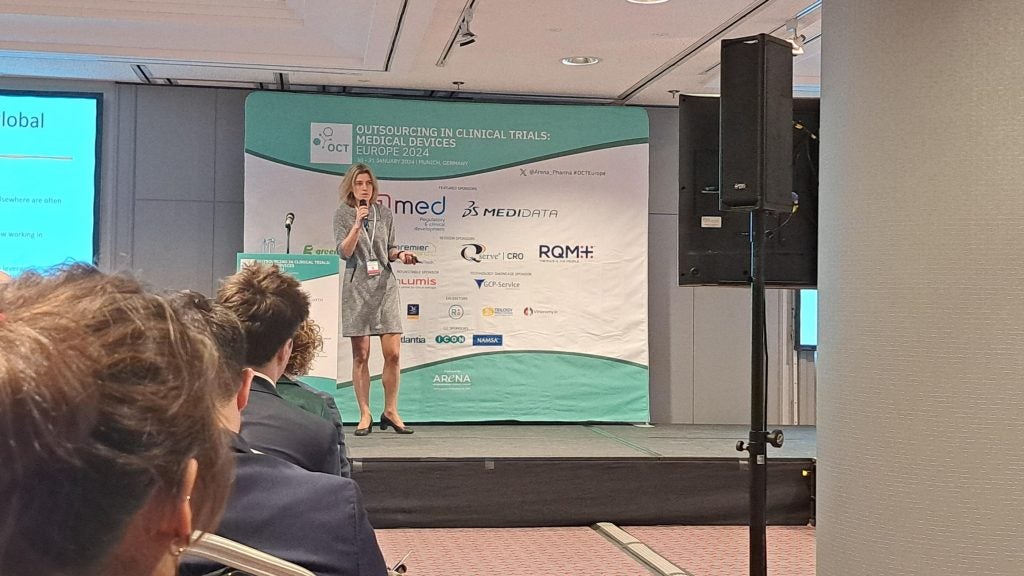The US Food and Drug Administration (FDA) has lifted a clinical hold on INmune Bio’s Phase II trial evaluating XPro (Xpro1595; pegipanermin) in Alzheimer’s disease.
US-based INmune said the trial is on track to complete enrollment in mid-2024, with top-line data expected six months later.
The trial was originally halted by the agency due to manufacturing issues in May 2022. The trial remained on hold through December 2023, when the FDA also requested additional information on the long-term potency of the therapy.
Shares in the company rose 2% at market open compared to pre-announcement market close.
INmune Bio’s CEO RJ Tesi said: “We are pleased with the FDA’s response and will continue to work closely with the agency in anticipation of our Phase III AD program.
Our primary goal is to complete the Phase II program in 2024 followed by an end-of-Phase II meeting with the FDA in early 2025 to confirm our planned global Phase III trial that will include sites in the US, Canada, UK, EU, and Pacific Rim.”
The double-blind, randomised, placebo-controlled study (NCT05318976) is investigating INmune’s tumour necrosis factor (TNF) inhibitor in patients with mild Alzheimer’s with biomarkers of inflammation. As per ClinicalTrials.gov, the study aims to enrol 201 participants.
Patients will receive either a 1.0mg/kg dose of XPro1595 or a matched placebo via injection once a week for 23 weeks. The primary outcome is the change in Early and Mild Alzheimer's Cognitive Composite (EMACC) score. This is assessed by a word list learning test, category fluency test, and digit symbol coding test, amongst others.
In September 2023, the company received UK Medicines and Healthcare Products Regulatory Agency (MHRA) approval to initiate a trial with XPro in the UK. Two months later, INmune Bio obtained approval to launch a Phase II clinical trial of XPro in Poland, with plans to add more countries within the EU soon.
XPro works by reducing neuroinflammation to stop or slow the progression of cognitive and psychiatric symptoms of Alzheimer’s. The candidate is also being investigated in an open-label extension study (NCT05522387).














